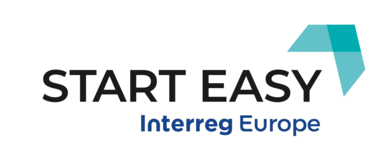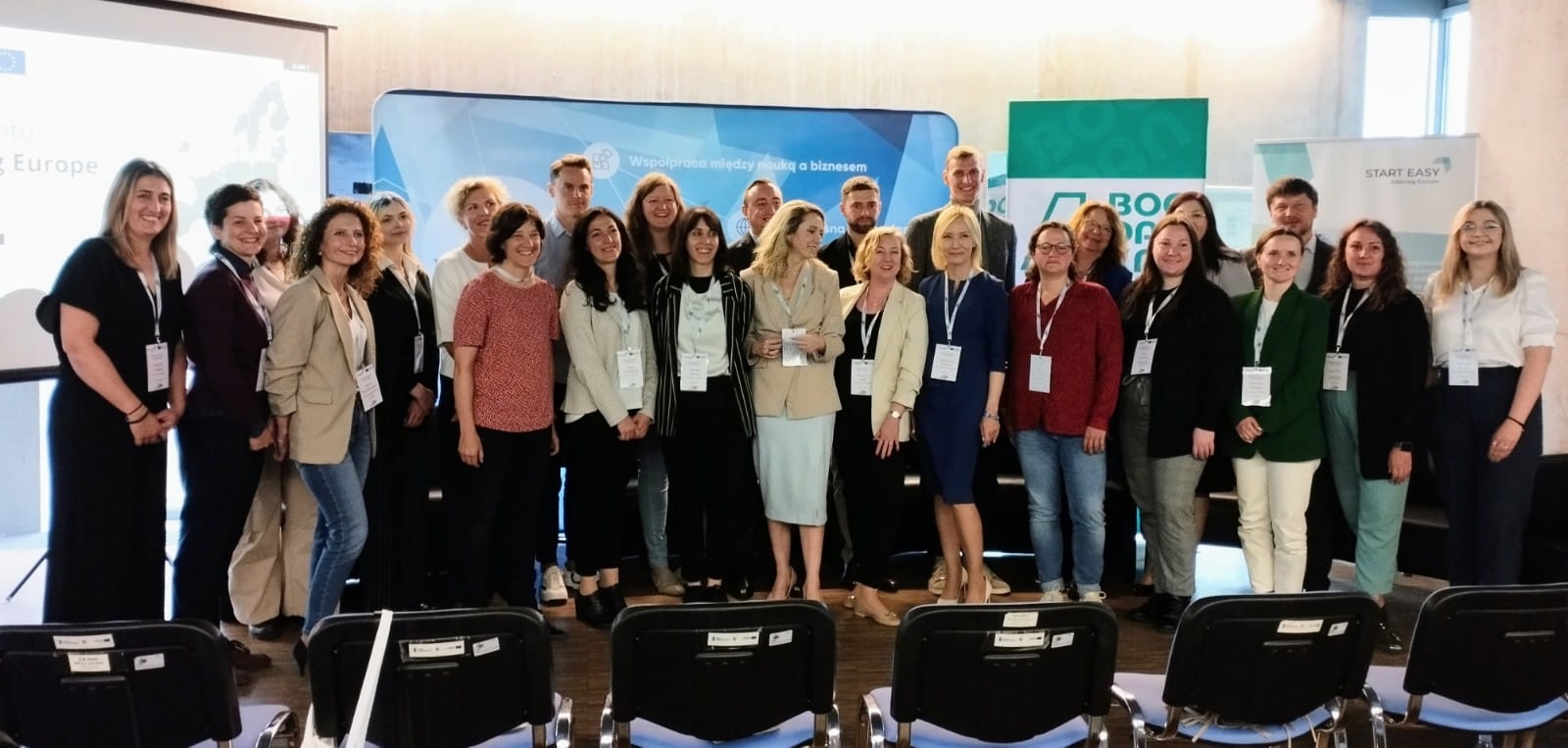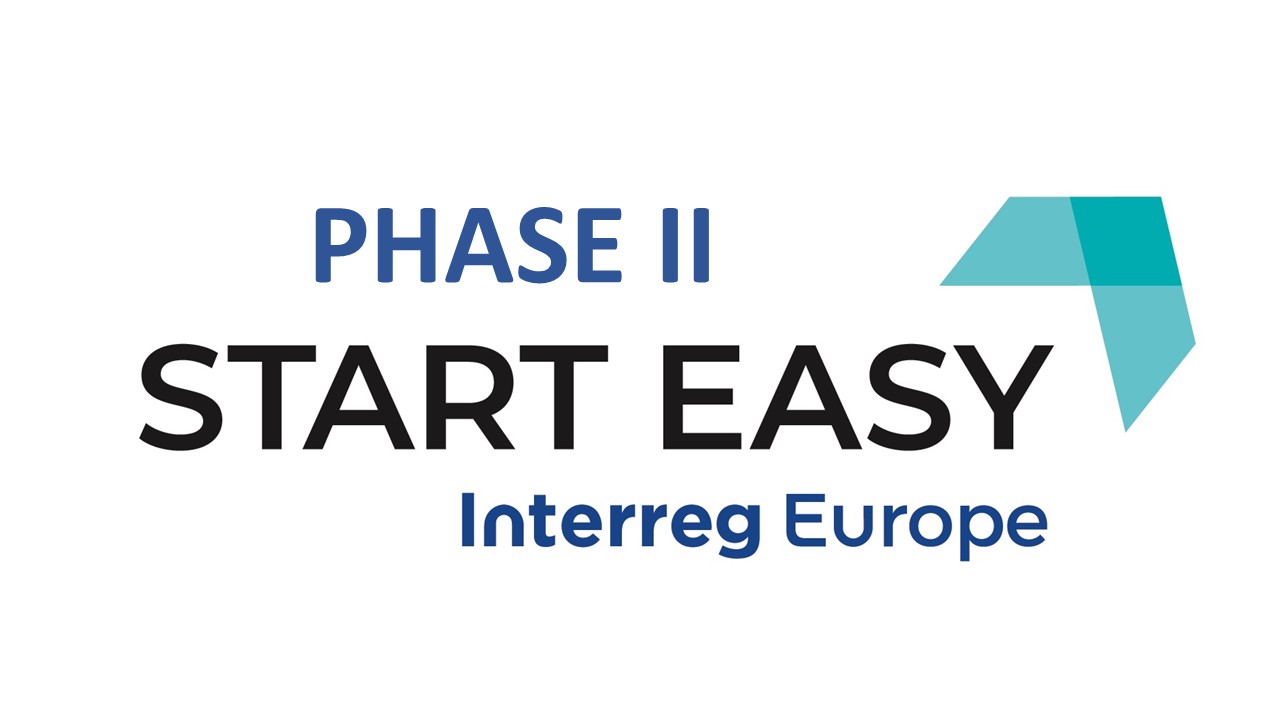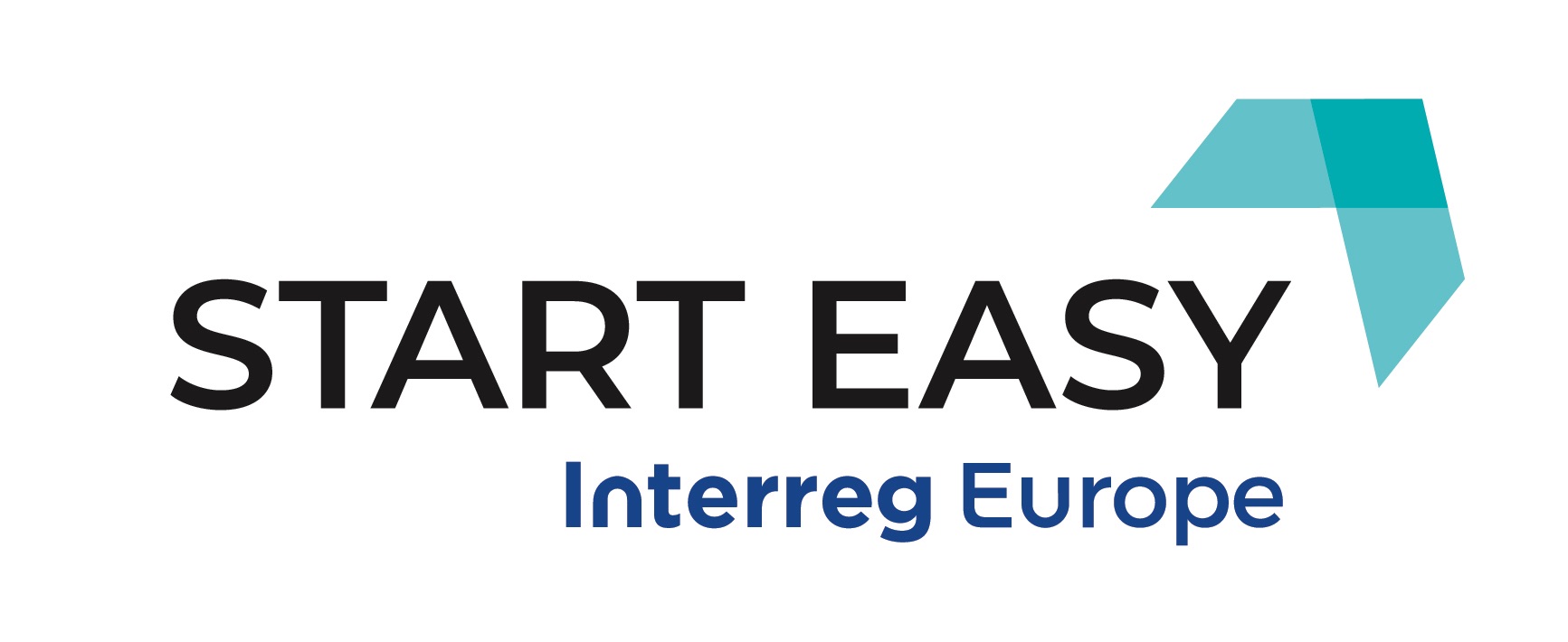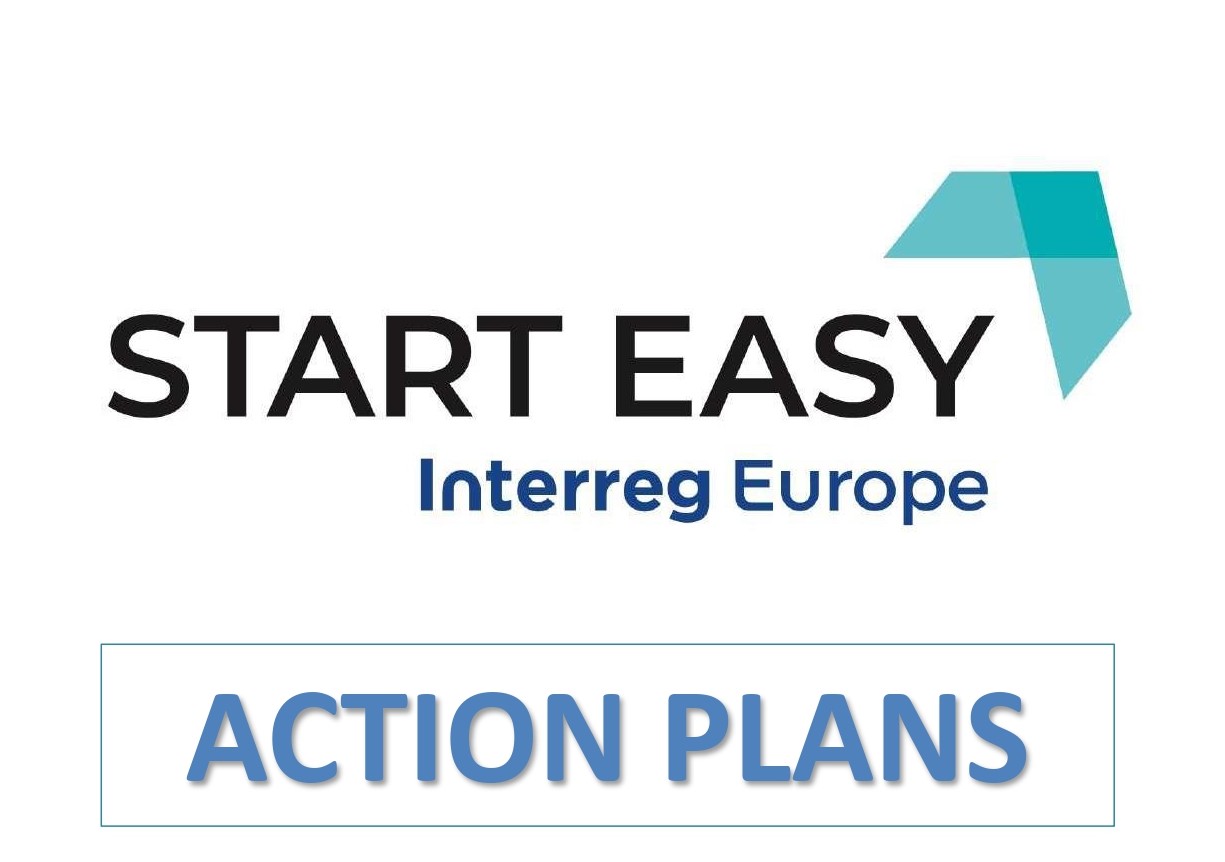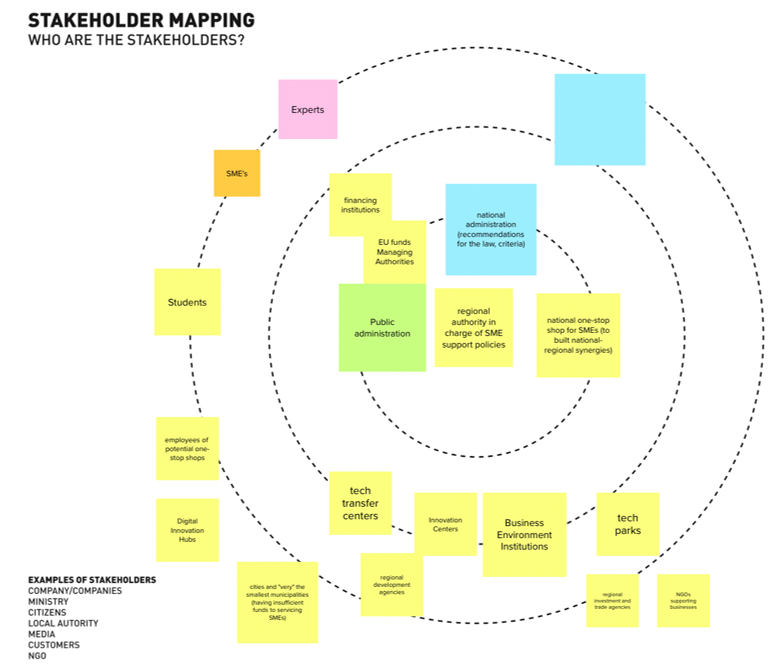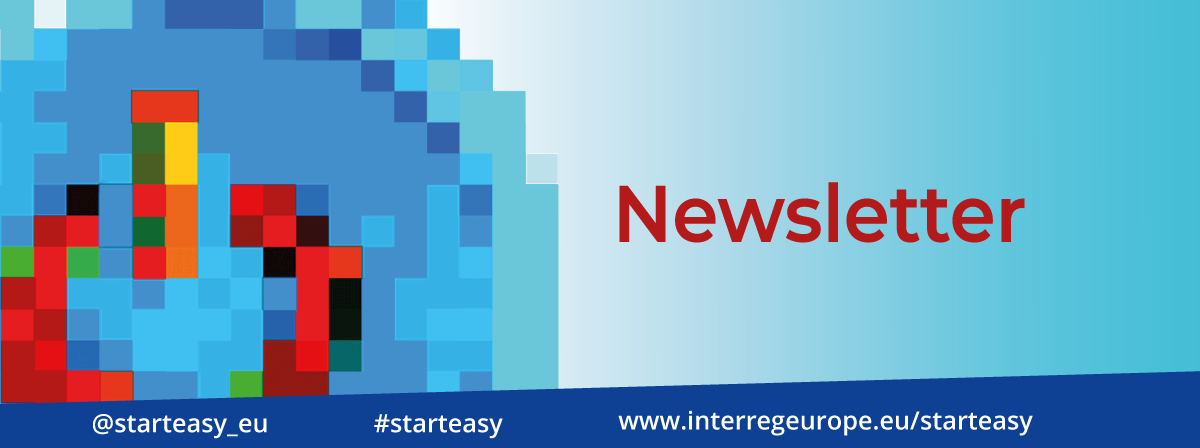The project coordinator from the Polish side, Mrs Karolina Ivaldi chaired the meeting. The purpose of the meeting was to design the elements of OSSs standards (it means elements of Recommendation Paper) according to different models of OSS concentrating on specific challenging areas:
- Services dedicated to startups and existing companies in different models of OSS;
- Building human capital, expertise potential and knowledge involved in OSS;
- Digital operation of OSS: on-line services (e-portals, on-line communications, apps);
- Analysis and monitoring of services demand (i.e. designing and/or providing a complex offer for customers).
- Sustainability of OSS: different types of financing models, OSS cooperation models with other support organizations and partnerships with private NGOs, Business Support Organizations and BEIs.
The policy recommendations obtained from the meeting where the following:
1. Introduction
It is important to see one-stop shop as an organizational form in a broader sense. Running OSS requires a specific organizational structure, stakeholders’ identification, and task portfolio. From the management point of view, OSS requires also assigned resources, both financial, human, technological, infrastructural, and others.
2. Standards
1) OSS should be designed and later evaluated as a high-quality service provider, that is why it is so important to implement a minimum standard, which can differ according to the type of OSS model.
2) Standards should cover the following aspects (criteria):
• Credibility of OSS
• Human resources
• Infrastructural resources
• Communication with clients and partners
• Monitoring system
Other criteria based on OSS can be added by the auditor unit.
3) The standards can be used by:
• Local/regional authorities to map all OSS providing business services in the specific geographic area and evaluate if their meet minimum standards in providing integrated services to their clients. Thanks to standards local/regional authorities can maintain all OSS which meet the criteria and motivate them to improve some aspects to provide high-quality services.
• As the autotest for individual OSS, who want to be sure that they meet minimum standards in providing integrated services to their clients and based on the specific standards’ criteria prepare the road map for further development or improvement the offer.
• A consortium leader offering OSS services in the umbrella model to make sure that individual parts of the service meet the minimum requirements of customer service standards.
• In the event of a structured network of highly motivated Oss, the "consortium leader" can activate a process of co-definition and sharing of self-assessment.
4) In case when local/regional authorities or leaders of the umbrella OSS verify the standards,
- the scope of standards criteria should be adjusted to local needs, can differ according to the type of OSS model and their offer.
- the auditor should be selected considering the lack of links with the examined OSS
- the evaluation meeting should take place in the OSS (physical location) or online (OSS should have possibility to send documents to verify criteria)
- the date and scope of the meeting should be agreed upon by both parties earlier.
5) The assessed organization should be informed about the scope of the audit.
6) The audit should be voluntary.

